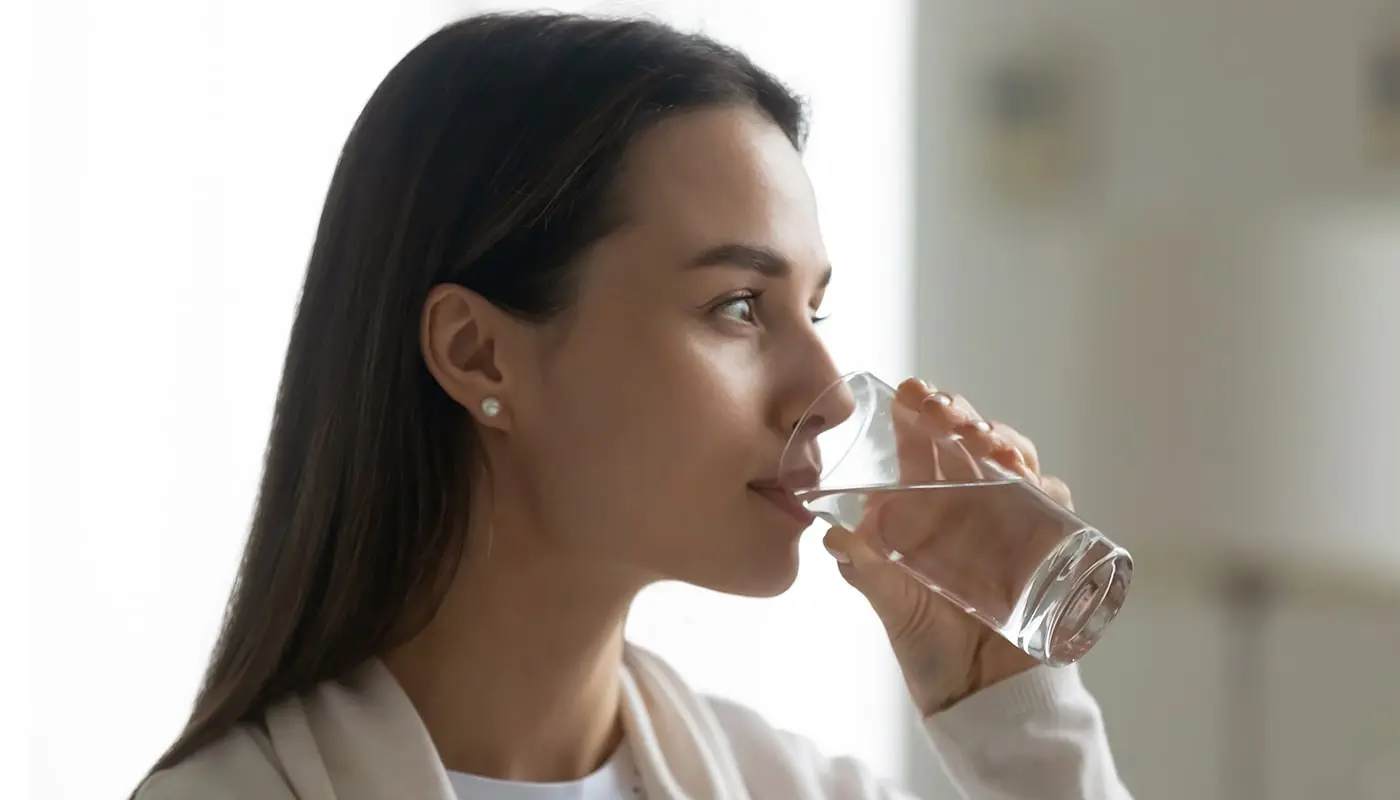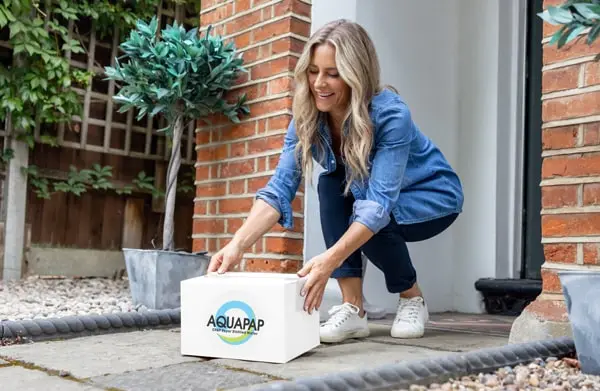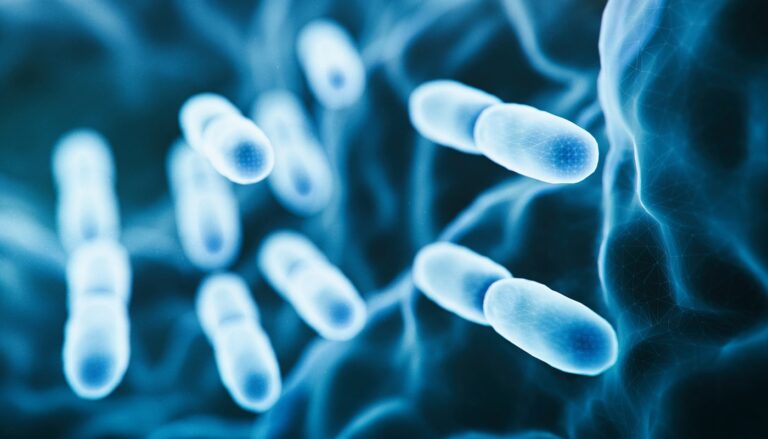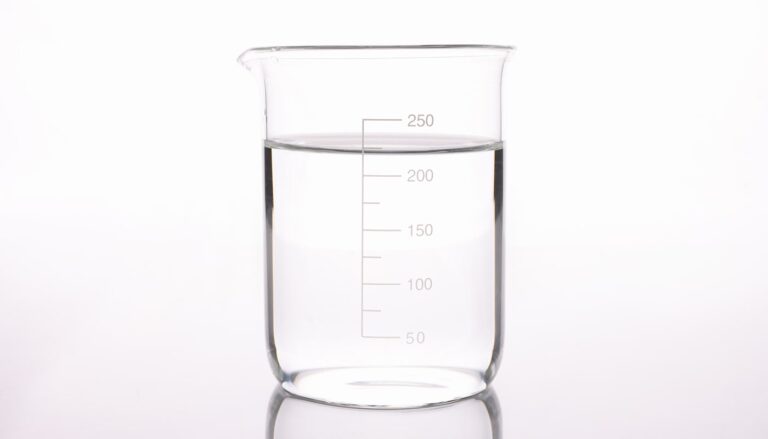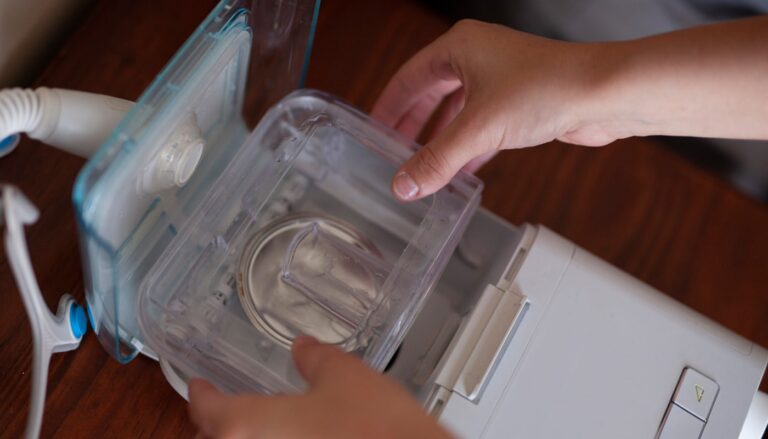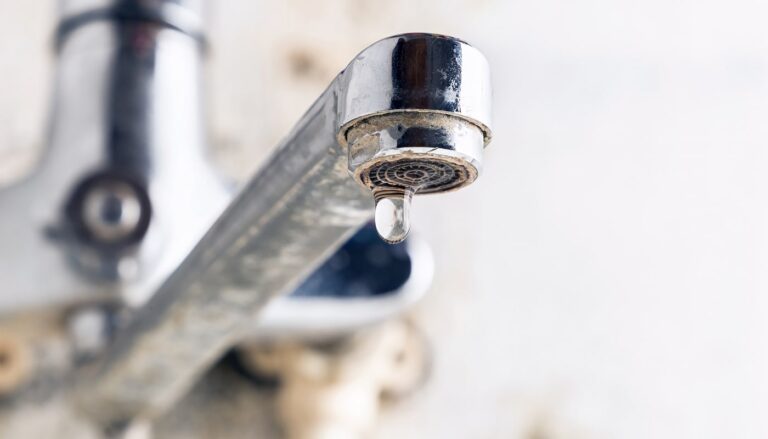Since the mid-1940s, compounds containing the mineral fluoride have been added to community water supplies throughout the US to help prevent tooth decay. Health concerns expressed by opponents have been mainly dismissed until recently. While fluoride is universally regarded as excellent for oral health, helping prevent cavities, there still remains controversy about whether directly ingesting the substance is harmful or beneficial to our overall health. Your conclusion will heavily impact whether you choose fluoride-free water or fluoridated water.
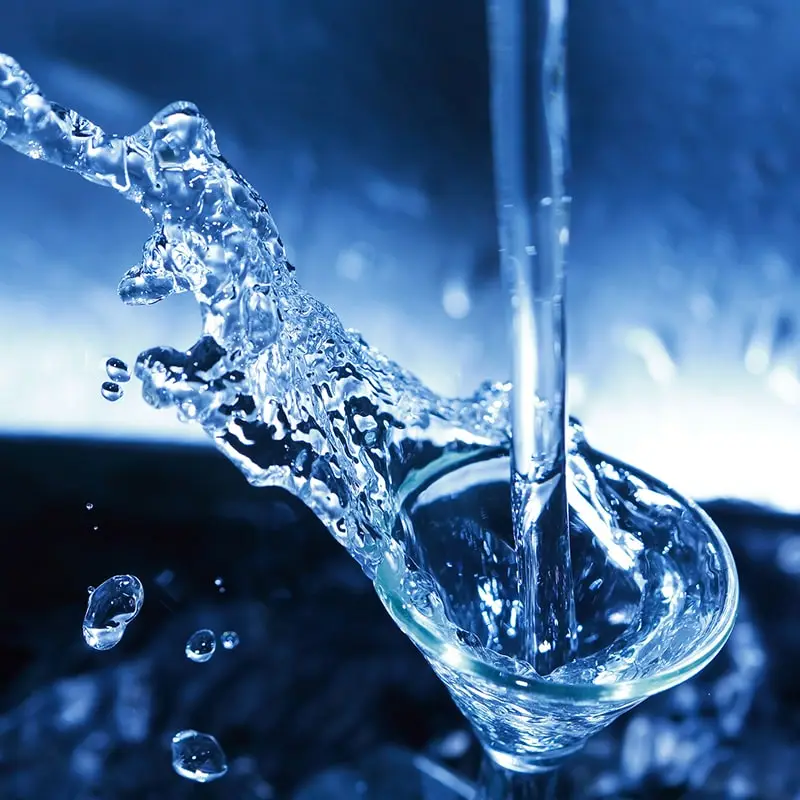
It’s the debate that just won’t die: should communities fluoridate their water supply? On one side of the argument are those who believe that fluoride is a necessary addition to help prevent tooth decay. On the other side are those who argue that adding fluoride to our water is nothing more than toxic waste. So what’s the truth? Let’s take a closer look at both sides of this controversial issue.
Especially when using water for medical purposes, stay on the safe side and use fluoride-free vapor distilled water.
What are fluorides?
Fluorides are compounds containing fluorine combined with another substance, usually a metal. Examples are sodium fluoride, stannous fluoride, and fluoride monofluorophosphate (MFP fluoride). Although fluoride can vary widely, some fluorides occur naturally in soil, air, or water. Nearly all water contains traces of fluorides. Plant and animal food sources also contain fluoride. Fluorides enter the body through the digestive tract and are absorbed into the blood. They travel through the blood and tend to collect in areas high in calcium, such as the bones and teeth.
How is fluoride harmful?
According to Harvard public health magazine, dental cavities have decreased in countries both with and without water fluoridation, meaning that the addition of fluorides to water doesn’t seem have a significant impact in controlling dental cavities. Furthermore, fluoride intake is a cumulative toxin linked to excesses of lead, mercury, and other toxic chemicals in the body.
Fluoride accumulation may lead to skeletal fluorosis (weaker bones, stiffness, and pain in joints), dental fluorosis (damage to the enamel of teeth), pineal gland calcification (poor sleep and lowered melatonin), brain damage (increased oxidative stress). Fluoride is also a potential carcinogen. Not only does your body need no fluorides, but any amount beyond those normally and naturally occurring can also increase your risk of developing the above health conditions. Therefore, many people are choosing fluoride-free water and simply maintaining their dental health in other ways.
Types of fluoride-free water
There are three primary kinds of water you’ll find that are fluoride-free water.
Filtered water
Filtered water is one option for avoiding fluoride in tap water. However, not all water filters remove fluoride. Three types of filters can remove fluoride: reverse osmosis, deionizers (which use ion-exchange resins), and activated alumina. Each of these filters should remove about 90% of the fluoride. Activated carbon filters, on the other hand, do not remove fluoride. Keep in mind that filtered water is not entirely fluoride-free water because there is still a chance that 10% fluoride is present in the water.
Spring water
Another option is to purchase fluoride-free water is spring water. Most brands of spring water contain very low levels of fluoride. Some brands, however, do have high levels. Before consuming bottled water consistently, you should verify that the fluoride content is less than 0.2 ppm, ideally less than 0.1 ppm. You can never be sure if the spring water you use contains fluoride or not. On the other hand, bottled spring water can be costly as well.
Distilled water
Distilled water is the purest form of water. It does not contain any contaminants, whether microorganisms or toxic compounds. With distilled water, you can be sure that your water is fluoride-free. Distilled water is formed when water is boiled, and the vapors are condensed back into the water. This water is pure and free from
all impurities. Therefore, it can be used for drinking and baby formulas without worrying. Distilled water is also recommended for CPAP humidifiers.
Be sure with vapor distilled water
Among different water types, distilled water is the purest and 100% fluoride-free. If you’re looking for the purest water possible, distilled is the way to go. Be sure and get vapor distilled, especially if you’re using the water for medical purposes such as in a CPAP machine humidifier. Vapor distilled water is free of fluoride and other impurities, so it’s ideal for anyone who uses CPAP and is sensitive to allergies. Aquapap has a variety of convenient options when it comes to distilled water, so be sure and shop today!
